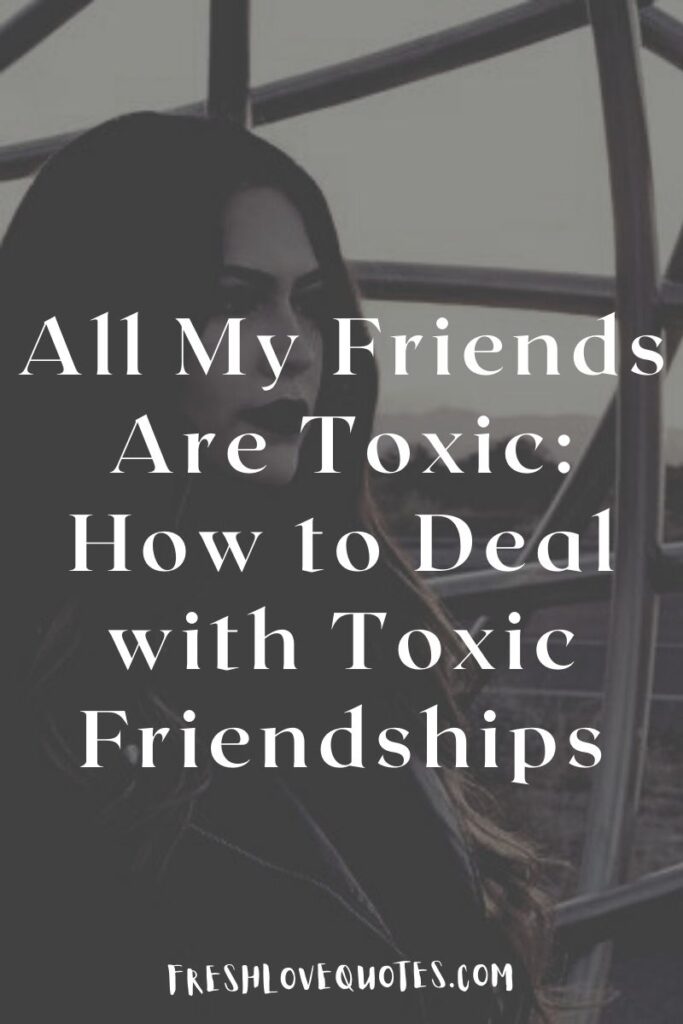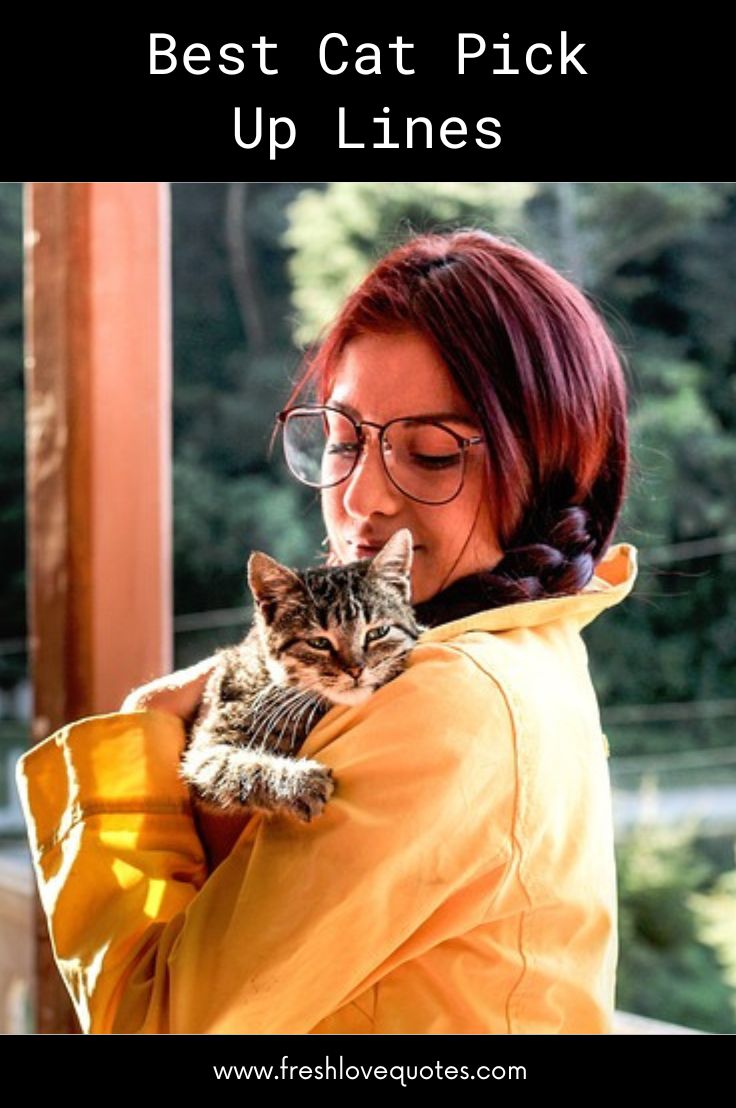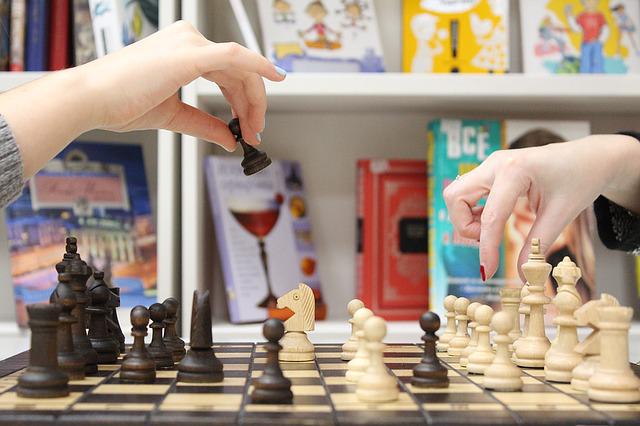All My Friends Are Toxic
How do you deal with friendships that are toxic? The answer to this question will vary from person to person, but here are some tips on how to cope with the negative influence of your friends. Read on these 8 things to do when you feel ‘All my friends are toxic’.
Having friends in your life is great—except when they’re toxic. If you have been feeling bad lately and can’t quite figure out why it may be your friends who are causing it. Read on to learn how to deal with toxic friendships so you can have the kind of relationship you deserve with the people in your life.
Related: My Wife Yells at Me: What Can I Do to Make Her Stop?
Use Psychology to your Advantage
This is a tricky one because you don’t want to come across as passive-aggressive. But, you can use psychology against them in subtle ways. Imagine you have a friend who tries to control how you live your life and how your day goes in general. Even though they mean well, their advice is usually unhelpful or based on assumptions that just aren’t true. You feel judged and perhaps inferior when spending time with them (as opposed to other friends who lift you up). This is where being assertive about your needs will save you from a friendship gone bad.

Keep Communication Open
Communication is important to any relationship, but particularly in friendship. It’s easy for misunderstandings to take root and fester when people don’t talk. If you notice something is off between you and a friend, don’t assume they know how you feel. Let them know what you need and make sure they understand that it’s not a request; it’s a requirement for keeping your friendship intact. People who love their friends should be happy to do whatever it takes to help them be successful at living healthy lives, which means communicating honestly and openly about expectations, boundaries, and support needs.
Use Empathy
Just because your friendship is toxic doesn’t mean it’s not important. Reaching out to someone and showing them that you care can often make all of the difference in how they approach their problems. Ask them how they feel, show that you respect them as a person, and most importantly, listen to what they have to say. Acknowledging someone else’s feelings is an extremely powerful gesture and can often remind people why you were such good friends in the first place. If someone tells you that your friendship is toxic or if your behavior has negatively impacted your relationship, don’t argue or defend yourself; just listen and try to understand where they’re coming from before moving forward.
Related: 7 Benefits of Holding Hands That Will Surprise You
Set Boundaries
As a busy professional or entrepreneur, it can be tempting to let people take advantage of your time. But remember that your time is valuable—to you and everyone else. While it’s good for you to be there for friends when they need you, don’t let others abuse that privilege by taking advantage of you over and over again. It’s fine to help a friend in need, but know when it’s time to step back and set some boundaries. Think about how often they contact you; if they want another pick-me-up every few days or if they seem more interested in talking just because they want someone to listen… Your life will thank you later!
Create Space Between You and Toxic Friendships
In any relationship, there comes a time when you realize that something’s just not right. Whether it’s at work or in your personal life, you know in your gut that someone is not good for you. Unfortunately, we often ignore these feelings because of all the benefits (or perceived benefits) we get from that person. It’s easy to convince yourself that a negative relationship is fine as long as it provides some positives for you. In reality, though, those so-called benefits come at a cost—your happiness and mental health. If any of your relationships are negatively impacting your mental well-being, don’t be afraid to take action and start distancing yourself from those people.
Related: 10 Things Mature Women Don’t Do In Relationships
Reframe Your Thoughts About Toxicity
People who spend a lot of time around one another begin to feel like family, but that doesn’t mean you have to be best friends with everyone you hang out with. The key is learning how to reframe your thoughts about toxicity in healthy ways. Instead of telling yourself something like my friend isn’t nice so I don’t have any friends, tell yourself something more empowering like I don’t have much in common with that person and our relationship feels rather superficial. Maybe she is not a good friend for me, after all.
Disengage From Drama When Possible
You don’t need drama in your life and it’s okay to walk away when you feel it threatening a relationship. You can be honest about why you chose not to participate in gossip or innuendo, saying something like, I think that topic is stressful for everyone. I want us all to stay happy and have fun together. If you start feeling drained, take time for yourself away from these people – even if that means avoiding them for an entire day or weekend. It’s okay! Remember that your happiness comes first – even above your closest friendships and relationships. Those who love you will understand and respect your boundaries.
Related: 10 Signs That You Should Leave Your Job
Cut Ties When Necessary
There is no perfect friendship. That said, it’s important to remember that you do not have to tolerate being mistreated by anyone—and it isn’t worth it if you know your friend won’t be there for you when you need them most. It can be tricky having a hard conversation about how someone is making you feel, but once you pull off that difficult conversation, make sure both of your needs are met (i.e., let go of people who aren’t kind or supportive and seek out new connections). If all else fails and your friendship is more toxic than beneficial, consider ending communication altogether.
If you’re like me, you have friends you love, but at the same time, you wonder why they’re your friends in the first place. It seems like every time you hang out with them, something happens that doesn’t end well – and whether or not it’s their fault, the blame falls on you because of your association with them.











